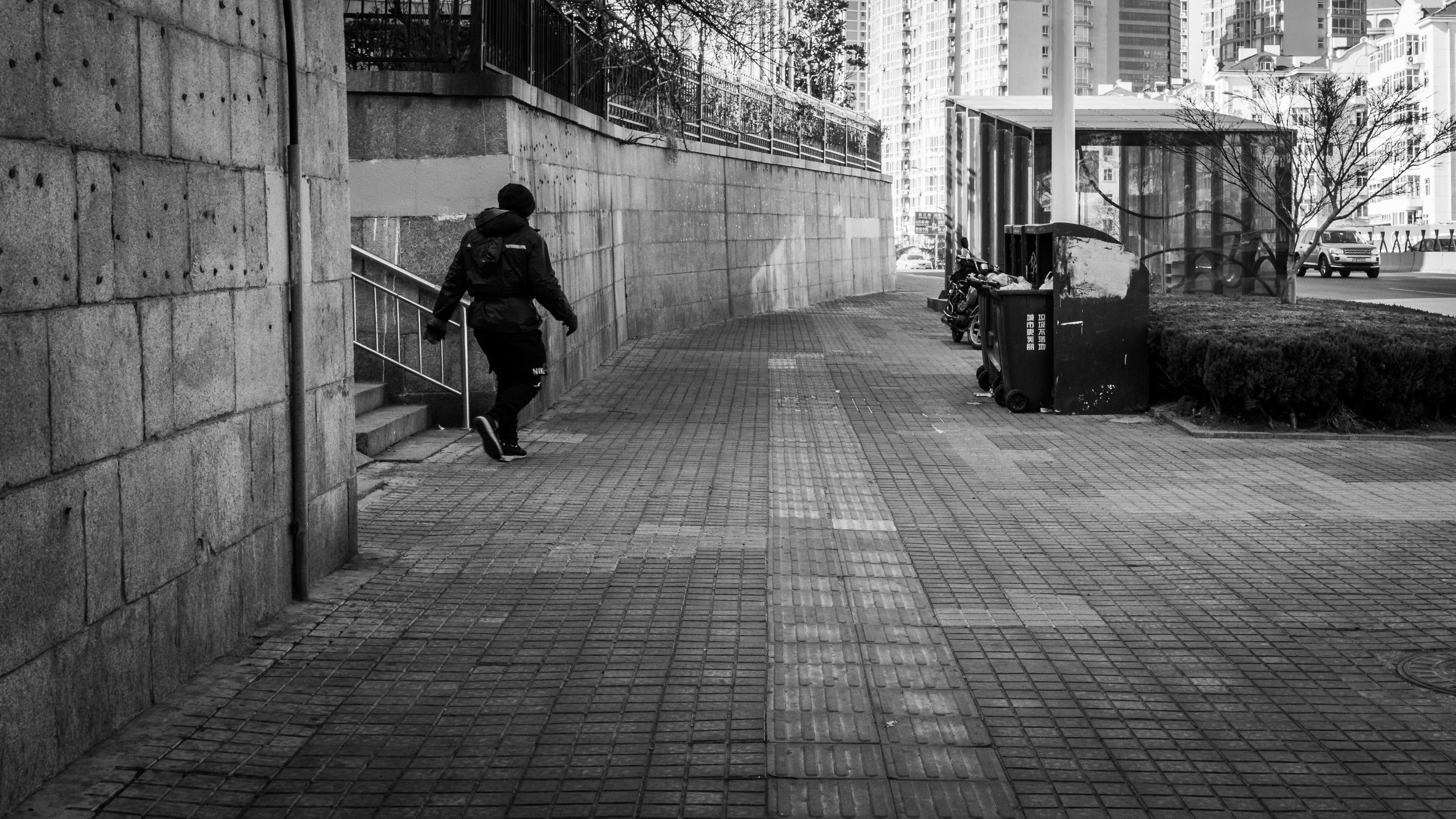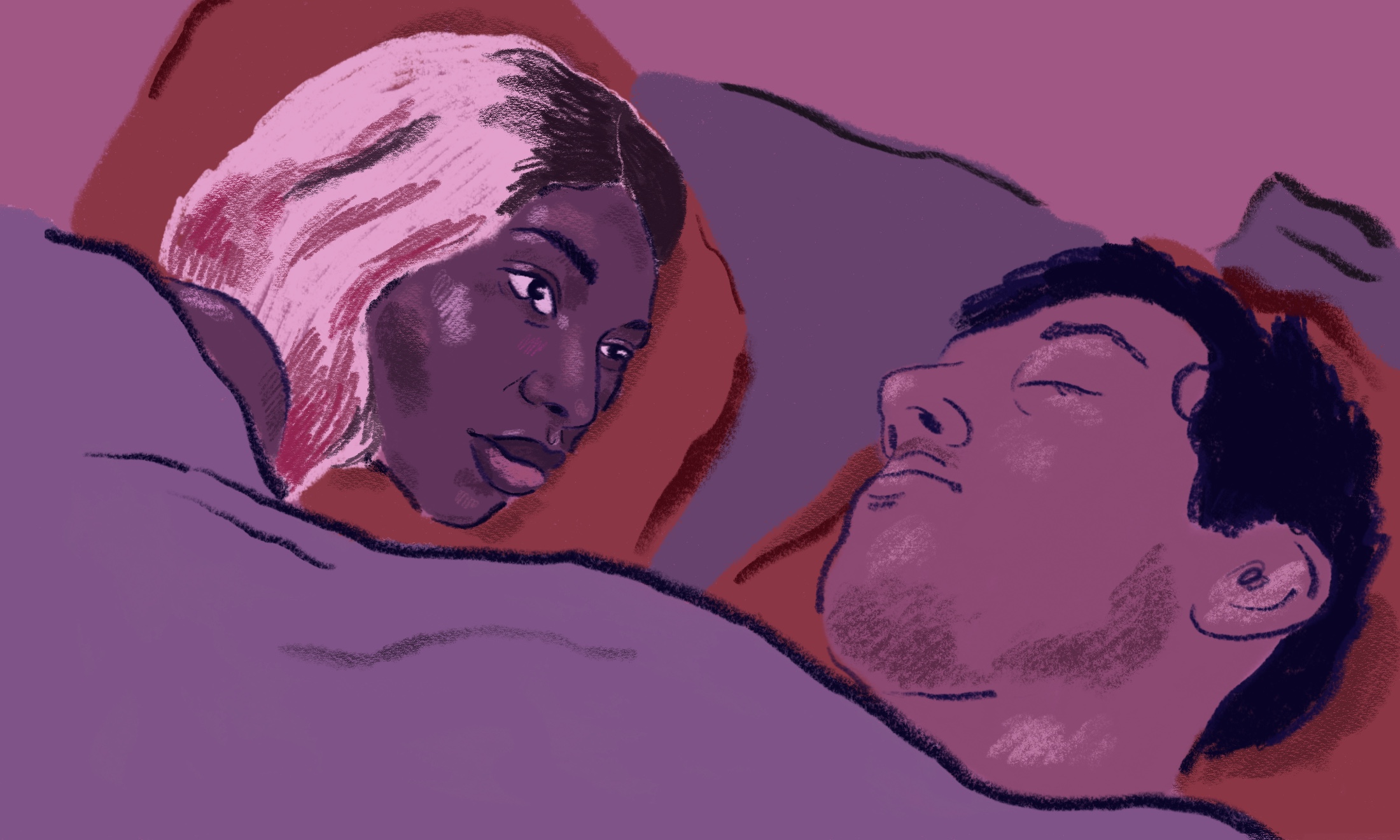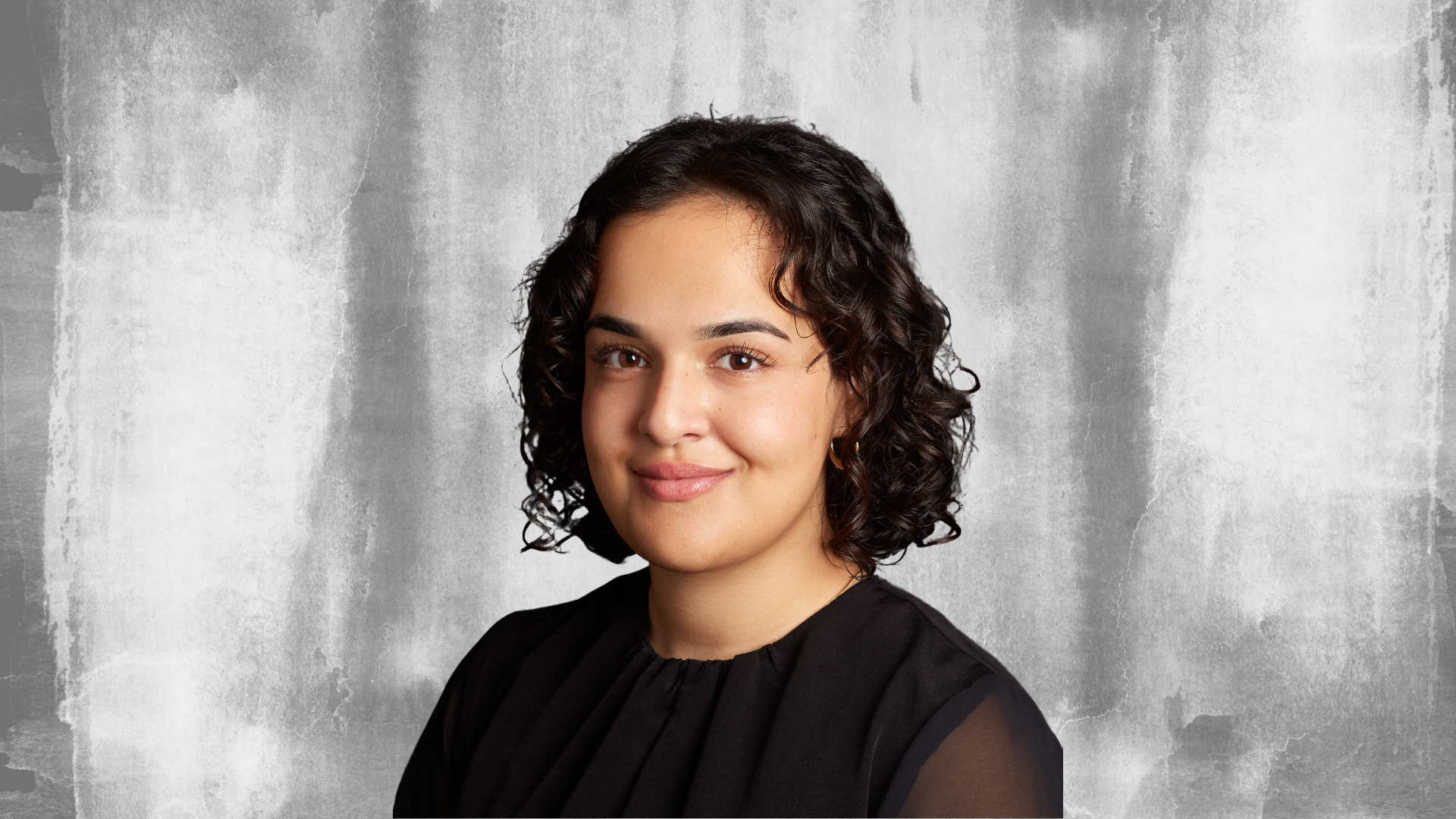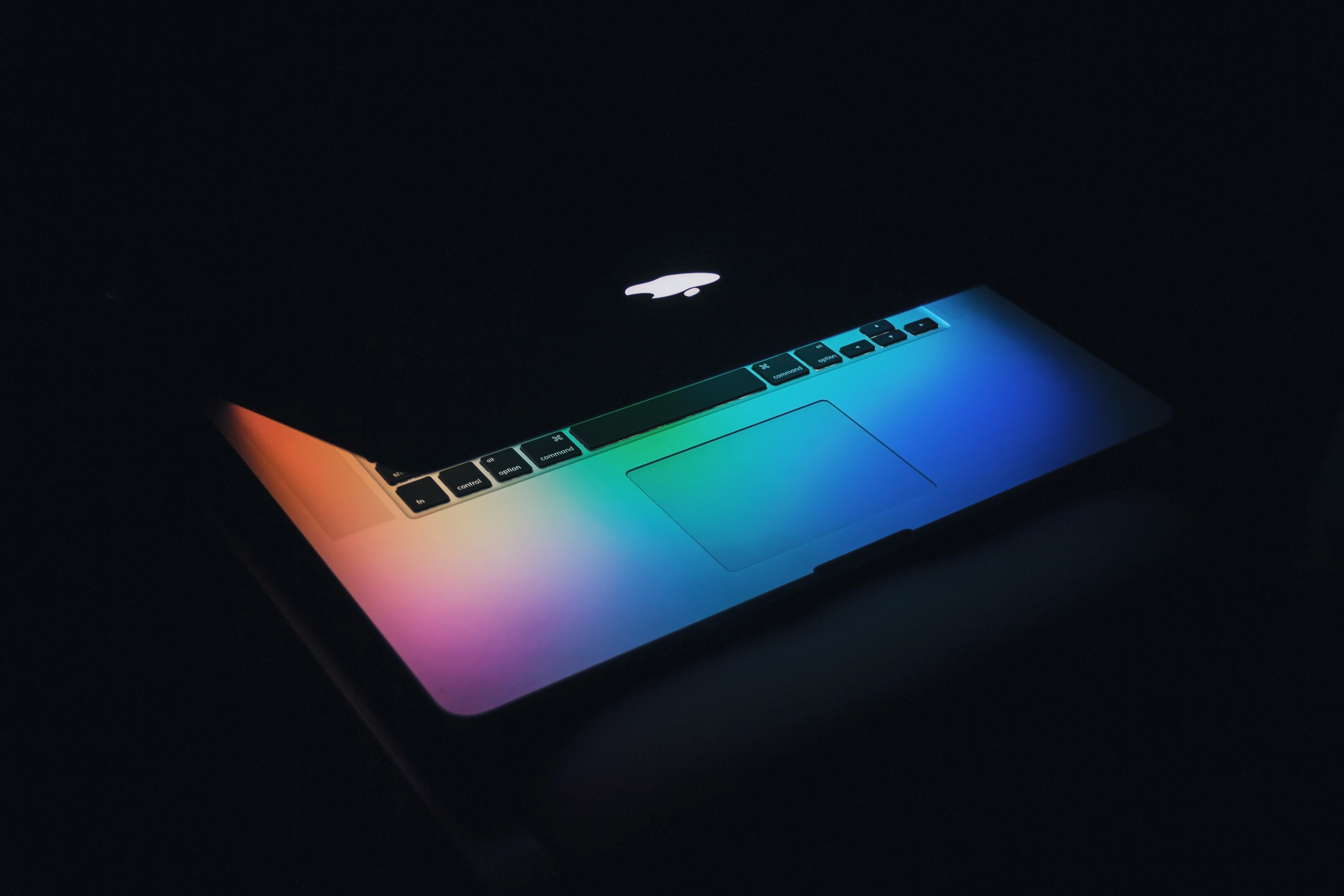
Photography via Gauthier DELECROIX – 郭天 / Flickr
TW: Graphic descriptions of sexual harassment and assault
Around 8:45am earlier this month, I was walking to work by the side of a river when I saw a man masturbating publicly. As a black woman working as a teacher in a relatively small Chinese city, I am generally photographed, stared at and talked about wherever I go. But overtly sexual behaviour is generally taboo here. I don’t even see couples kiss each other. In Britain, men have made me feel uncomfortable more times than I can count. I recall one man so intent on getting my number, he almost followed me all the way home. Then there were those old enough to be my dad chatting me up before I turned 18 and others insisting on buying me drinks despite my outright rejection. Travelling alone in other countries, I have had plenty of reasons to be cautious but nothing particularly traumatic has ever happened to me – until I was sexually harassed in broad daylight while walking to my workplace before nine in the morning.
I was walking along the river when I saw this young man. He had his penis in his hand and sat down near me on a ledge and masturbated aggressively, continuing to look directly at me. I was stunned. I had my phone in my hand and considered calling the police, but I had forgotten the Chinese emergency services number. An old man walked towards us and I hoped he would stop the young man but he simply looked, looked away and continued onwards. The man continued watching me even as I was almost out of his sight.
I ran up the stairs to the bridge that crossed the river and decided to film him from that higher angle so I could send it to the police later. But I couldn’t see him. Suddenly, someone called out my name – it was one of my five-year-old students with her mum walking onto the bridge. I returned her greeting and looked back to the riverside to see the man running away, still looking in my direction. He must’ve seen the child and her mother but I don’t think they saw him. Within 10 minutes, I was sat at my office desk, trying to calm my pounding heart and shaking hands.
“These kinds of unwanted sexual advances feel like an attack, even though no-one has touched you”
I still feel sick. I am afraid to walk by the river again. I can barely recall the man’s face or his generic clothes. If I see him again will I even recognise him? Does he live near me? My fear is still present. For a second, I berated myself for wearing a short skirt but I knew I had to stop blaming myself for what happened. What happened was not my fault in the slightest – he could’ve preyed on any unsuspecting woman. It is not my fault. Yet I now feel much more wary of them and am hyper-aware of their reactions to me. Although, after nearly a year of living in China and being stared at and talked about every single day, I was already very sensitive to people’s reactions to me.
Unfortunately, I know other victims of this form of sexual harassment. My mother and her friend were once trapped on a tube carriage at night with a lone, masturbating man. How will she feel when I tell her it happened to me too? A male friend was approached by a man in a public bathroom who was touching his penis and making eye contact. Men exposing themselves without consent doesn’t just take place in public either. We’ve all heard of men sending explicit images to women via Instagram DMs, but some are also sharing their unwanted photos to women via AirDrop in public places, such as crowded train carriages. It has been termed “cyberflashing” and can be as distressing and violating as an assault in person. These kinds of unwanted sexual advances feel like an attack, even though no-one has touched you. It can make you feel like you can never let your guard down; like every man you meet or even pass by on the street may be your next harasser.
I wish I could’ve stripped away my harasser’s sense of entitlement but at the time I felt helpless. I didn’t ask the old man for help because my Chinese is very poor and I didn’t attack the young man because I was afraid things might escalate.
For a few days, I didn’t speak to anyone at work about what happened but finally decided to speak up, with my mum’s encouragement. She highlighted that my colleagues, particularly the women, were potential victims of the same abuse I suffered. After telling my boss what happened, everybody was warned and reminded of the police number, and a Chinese staff member took me to report the incident at the local police station. I was surprised by how seriously they handled the situation, expecting them to dismiss it due to my lack of evidence. We searched for his face using CCTV footage but his positioning by the river, where there were no cameras, meant we couldn’t identify him. Nonetheless, a police officer assured me that cameras would be placed there in the future.
“It can make you feel like you can never let your guard down; like every man you meet or even pass by on the street may be your next harasser”
People who commit crimes like this know that their violation is so fleeting and disempowering for the victim that it often goes unpunished. A 2017 British survey found that 11.5% of adults had suffered “indecent exposure or unwanted sexual touching” but five in six victims (83%) did not report it to the police. In short, very few reports are being made. And I understand why – I certainly wasn’t going to at first as I didn’t want to make a fuss over something I thought would be dismissed immediately. However, I can attest that I feel empowered by having made that report. Just the possibility that my harasser might be caught strips away some of the power he temporarily had over me.
Reporting a sexual assault is not easy but if you’re reading this in the UK, please know that public masturbation is a punishable crime that can be reported – if you feel safe to do so – in the hope that at the very least, you can prevent a future crime from taking place. Furthermore, increased reports of this particular crime might raise awareness to the wider public that it actually exists. With more awareness, maybe more people will understand how they can help victims who are incapacitated in the moment, by recording the person with their phones or even physically stopping the crime from taking place. Do whatever you can in your power (while still protecting yourself) to help others in need. To every victim or survivor: what happened to you was not your fault and I am sorry you were robbed of your safety. I wish you the strength you need to heal yourself and demand justice for what happened.
If you are a woman living in the UK and have experienced sexual assault, you can access free independent support via the Women and Girls Network’s sexual violence helpline.









